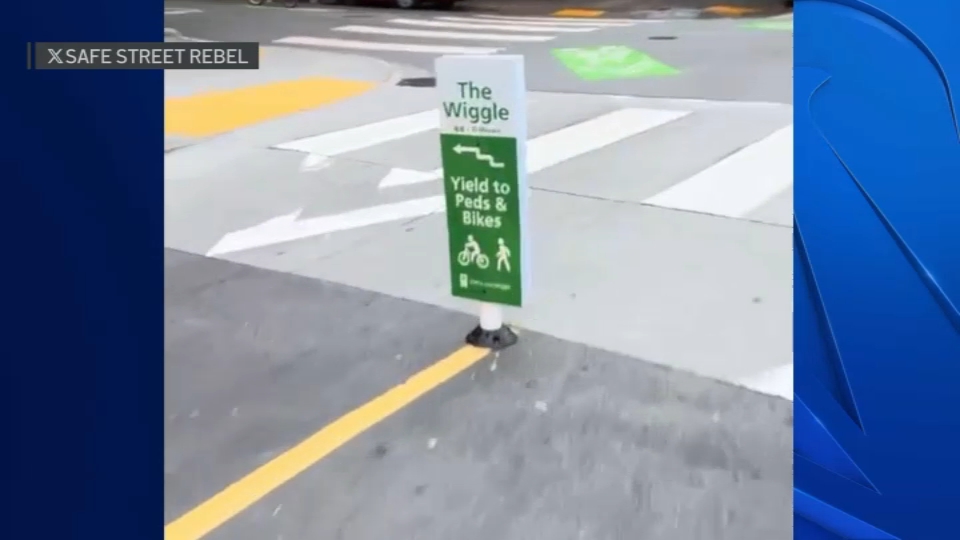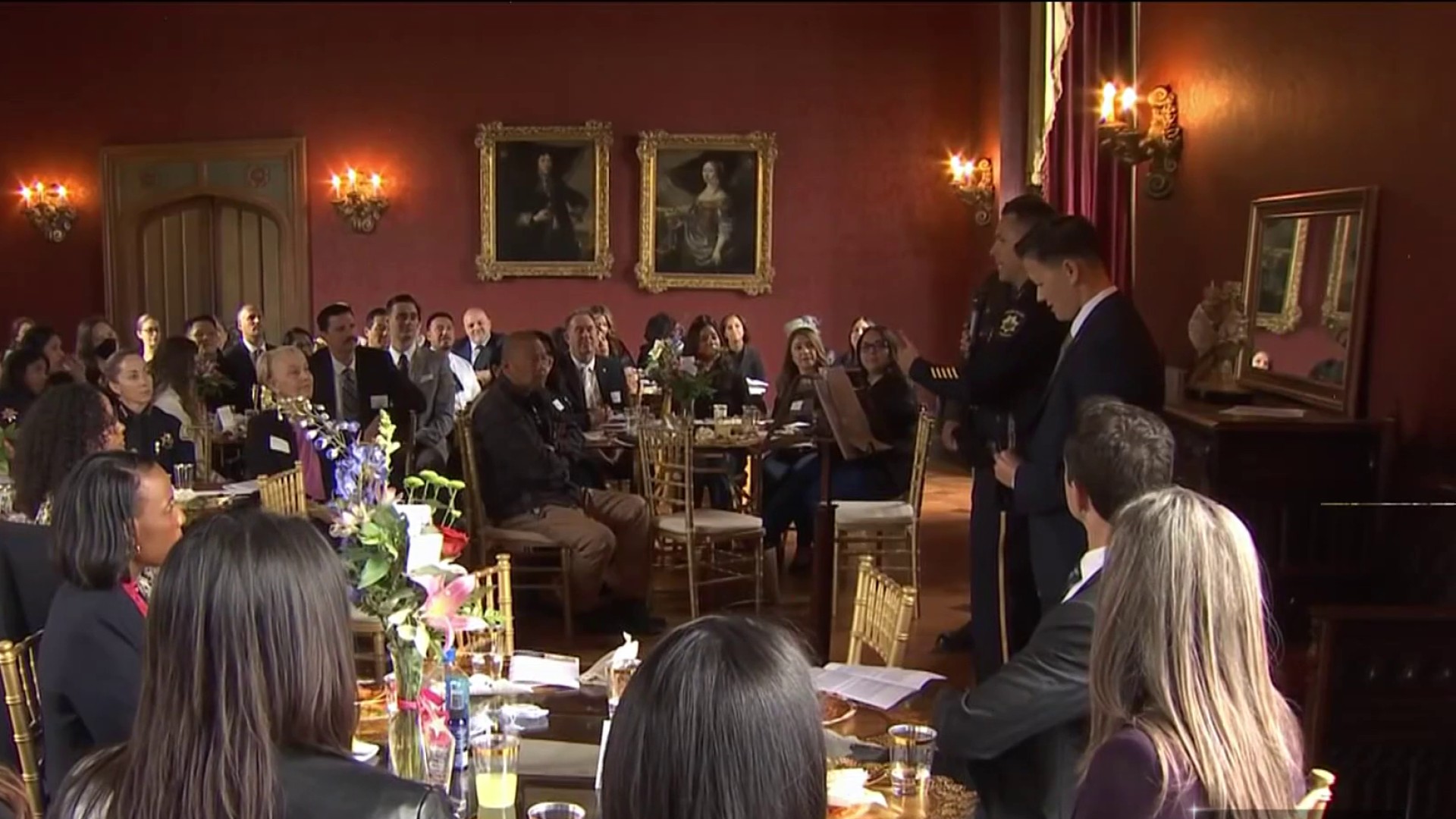The Berkeley City Council voted Tuesday night to direct City Manager Dee Williams-Ridley to develop an emergency shelter somewhere in the city to try to ease the city's homeless crisis.
The plan by City Councilwoman Kate Harrison lists one possible site as being a homeless camp for up to 120 tents below a bridge on University Avenue that connects Fourth Street and the city's waterfront, but asks for Williams-Ridley to investigate other locations as well.
Harrison, whose plan was supported by Mayor Jesse Arreguin and Councilmembers Cheryl Davila and Rigel Robinson when it was presented to the council, says, "Ideal locations would be owned and/or managed by the city of Berkeley in non-residential zones and be accessible by public transit."
The City Council voted 7-0 to approve the plan, with Councilmembers Lori Droste and Rashi Kesarwani abstaining.
After Williams-Ridley selects a preferred site for the emergency shelter, the matter will come back to the City Council for a public hearing and vote, according to an aide for Harrison.
Harrison said in her proposal that the proposed emergency outdoor shelter "should be seen only as a temporary fix."
But she said that even though there have been gains in building permanently affordable housing and provide services to lift people out of homelessness, "We are still unable to serve all homeless people in Berkeley simultaneously and there are still gaps in service."
Local
Harrison said, "An emergency outdoor shelter with durable tents and sanitation services is a short-term option that is safer and cleaner than the status quo of unsanctioned camping throughout the city."
She said the intention of her proposal is to "create a limited number of sanctioned encampments operated in an organized fashion."
The possible location below the University Avenue overpass is on land surrounded by light industry manufacturing to the north, south and east and Interstate Highway 80 to the west.
Arreguin's spokesman Stefan Elgstrand said before the meeting Tuesday that half of that land is owned by the city and the other half is owned by Caltrans, which leases that section to the city for storage purposes.
Elgstrand said questions have been raised about whether Caltrans property could be used for homeless services, but noted that Gov. Gavin Newsom issued an executive order last week directing agencies under his command, such as Caltrans, to identify state land that could be used as temporary shelter locations for the homeless.
Harrison's plan asks Williams-Ridley to consider amenities in the outdoor shelter such as climate-controlled, wind-resistant durable tents with wooden pallets for support, portable toilets and handwashing stations, shower and sanitation services, garbage pickup and needle disposal and an agency to manage the site, which would be open 24 hours a day.
Harrison said Berkeley had about 1,100 people experiencing homelessness during the last official count, including 813 who were unsheltered, meaning they sleep in a tent, a street, a sidewalk or a park.
Harrison proposes a 180-day suggested length of stay in the program and says the shelter could serve about 150 people annually.
The estimated cost of the program is $615,000 a year.



